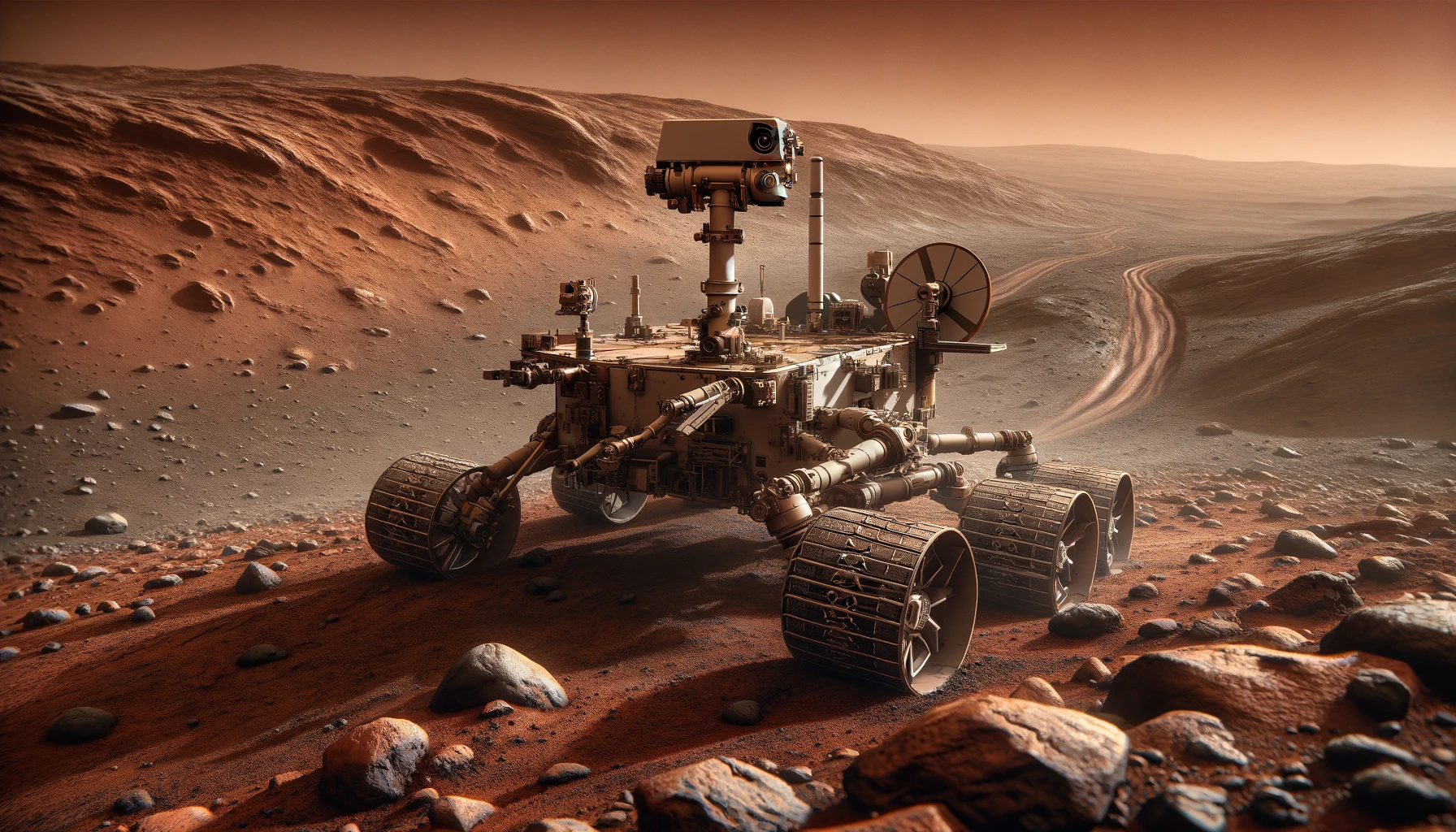Dr. Lola Fatoyinbo, a renowned NASA research scientist, has been awarded the Esmond B. Martin Royal Geographical Society Prize. This prestigious award, which she received in London on April 8, honors individuals who have made outstanding contributions to wildlife conservation and environmental research. As a member of NASA’s Biospheric Sciences Lab, Fatoyinbo’s work primarily involves the application of advanced remote sensing technology. Her research significantly impacts understanding forested and coastal ecosystems and shapes conservation efforts globally.
In the realm of environmental conservation and geographical research, Dr. Fatoyinbo’s achievement is not an isolated event. Earlier recipients of the prize and similar awards have historically set a high bar, contributing to significant advancements in their respective fields. Dr. Paula Kahumbu, the preceding awardee, is one such individual whose work Fatoyinbo admires. The award, named in honor of conservationist Esmond Bradley Martin, whose own efforts laid a foundation for contemporary environmental protection, continues to inspire a legacy of dedication to preserving our natural world. Scientists like Fatoyinbo build upon this legacy with their efforts in advancing our understanding of ecosystem dynamics and the impact of human activity on the environment.
Remarkable Contributions to Earth Science
Fatoyinbo has made profound contributions to Earth science, authoring 60 scientific journal publications and collaborating with various organizations to safeguard ecosystems. Her research, focused on ecological modeling and analytical techniques, assists in predicting environmental changes on a global scale. Her dedication to generating environmental data and knowledge is instrumental in protecting life on Earth.
Integrating Technology and Ecology
Her expertise encompasses the theoretical aspects of engineering, the practical application in ecology, and the use of remote sensing technologies such as lidars and radars. These sophisticated tools allow her to test theories related to the function of tropical and subtropical coastal systems. Woody Turner, NASA’s program manager for ecological conservation, has lauded Fatoyinbo’s ability to synthesize complex scientific concepts with real-world applications.
Exploring related news, the scientific community has been actively analyzing the impact of environmental factors on global ecosystems. For instance, a NASA study titled “NASA Study Maps the Roots of Global Mangrove Loss” and another titled “NASA Satellites Help Quantify Forests’ Impacts on Global Carbon Budget” delve into the significance of mangroves and forests on the global carbon cycle. These studies underscore the critical role of satellite technology in monitoring environmental changes and informing policy decisions, much like Fatoyinbo’s work.
Global Impact and Mentorship
Fatoyinbo’s research has had a global impact, particularly through her studies on the aftermath of Hurricane Irma, oil exploration in the Niger Delta, and mangrove forests in the Americas, Africa, and Asia. Furthermore, her commitment extends to training future scientists and mentoring junior researchers, ensuring that the next generation is well-equipped to continue the essential work of protecting our planet.
Useful information for the reader
- Dr. Lola Fatoyinbo’s work focuses on environmental conservation through advanced remote sensing.
- Her research has global implications for ecosystem management and policy-making.
- Mentoring the next generation of scientists is a key aspect of her contributions.
Fatoyinbo’s receipt of the Esmond B. Martin Royal Geographical Society Prize is a testament to the significant impact that geographical research can have on environmental policy and conservation efforts. Recognized for her leadership and dedication, Fatoyinbo serves as an exemplar in the scientific community. As the world grapples with environmental challenges, it becomes increasingly clear that the work of scientists like Fatoyinbo is pivotal in shaping a sustainable future. Her approach in blending rigorous scientific research with real-world ecological challenges sets a benchmark for impactful environmental stewardship.










